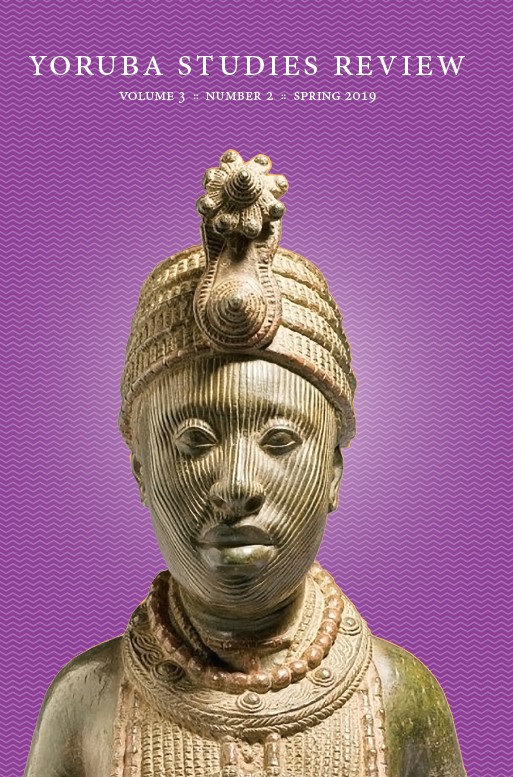Abstract
Professor Anthony Aṣiwaju has written his memoir, Bridging Boundaries, to commemorate his 80th birthday, thus giving us a treasure to behold, a legacy to cherish, and a history to keep. This is about his past, from humble beginnings to a remarkable career; about the educational system of Nigeria, in particular, the discipline of History; and about the crucial interconnectivity between ideas and practical policies. There is so much to be learned from this book—history, memory, wisdom—all the chemistry of ideas to navigate complicated journeys. Let me begin this journey from Paris, and not from Imeko, the starting point in this engaging frontier of scholarship. It was in the elegant living room of Professor Ọlábìyí Yai, the then Ambassador of the Republic of Benin to UNESCO. As we enjoyed a peaceful pre- àmàlà drinking moment, we launched into a conversation that invoked Professor Aṣiwaju’s name and experience. His Excellency, Ambassador Yai, made the remark that the Yoruba had always been diasporic, moving like a river, connecting multiple points, passing through valleys and plateaus, between mountains, across vegetation. This conversation came back to me as I composed this short piece. My mind also went back to the frontier towns of Imeko and Ifonyin, to the journeys I took from Igboho to Cotonou via the scenic route far away from the chaotic Lagos-Badagry road. Onwards to the Ewe, thereafter passing through the domains of the Akan, and at one time ending in Abidjan, all on roads—no bounds in space; no mental bounding lines; and seamless frontiers, one merging with the other, as the next unfolds. Professor Aṣiwaju does these diasporic 244 Profile trips as well—barefoot, bicycles, cars, and on airplanes—and, maybe, also in dreams. He sees the boundaries, then dissolves them, recreating them in a new world order, a world without boundaries. I think Professor Aṣiwaju’s life breaks the rules, creating a frame much larger than his beginnings. Contrary to the man-confining adage of “cut your coat according to your cloth/size,” the autobiography of Professor Aṣiwaju has exemplified that the Supreme God cuts and designs coat without the delimitations or regard of one’s size or cloth. If not, it would not have been possible for a child born without any medical attention and care on bare ground to rise into a nationally and internationally celebrated icon. Incontrovertibly, his destiny was predestined even before birth, what the Yoruba call àyànmọ, ́ although the Odù Ifá code was never revealed to him. Thus, God designed the coat of his excellence above the odds of a humble and subaltern beginning of a poor child, now the prosperous Baba at 80. How time flies! Generous in his account, expansive in his details and meticulous in remembrance, the scope of his life is exposed to us in its minor canvas and major perimeter. Bridging Boundaries is a chronological account of the author’s life from birth to date on the one hand, as well as the history of borderland studies in Nigeria and Africa, which is inseparable from his autobiography. The life of the author, Aṣiwaju, becomes the account of the aṣíwájú of the borderlands, the leader of the bold and courageous to discover the confines of space, like Ogún, the Yoruba god of iron, who forges new paths and abodes from the forest to the savanna for people to occupy. Strikingly, the inseparability of the man’s life from his career path appears to be synonymous with the bond between a snail and its shell: his origin and horizon live within the same shell. No doubt, his origin became the bedrock of his successful career. A scholar from cross-border parents with an upbringing in a borderland who specializes in borderland studies, which was initially focused on the Nigeria/Benin limitrophe states, then blossomed continentally and intercontinentally. Evident in his story is that a poor background neither limits nor determines the factor for the level of success one can attain; rather, it is a starting point, a background to project possibilities of whatever one can become unto, a launching pad into life’s enduring legacy.

This work is licensed under a Creative Commons Attribution-NonCommercial 4.0 International License.
